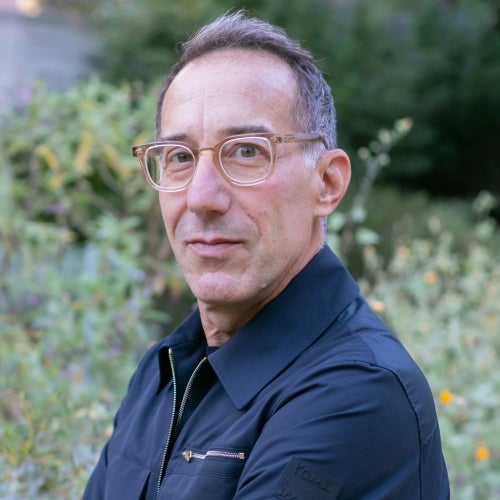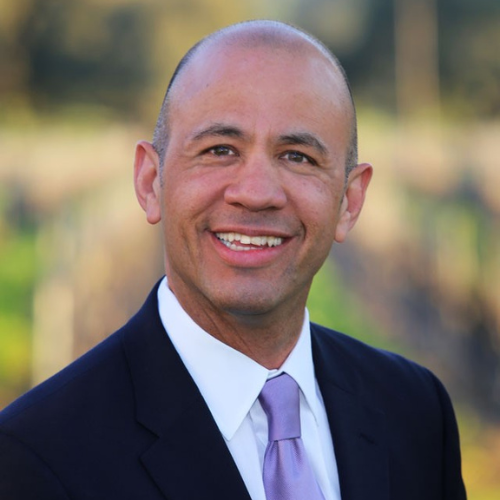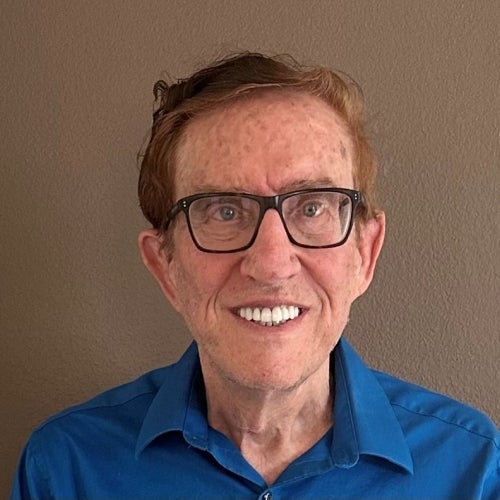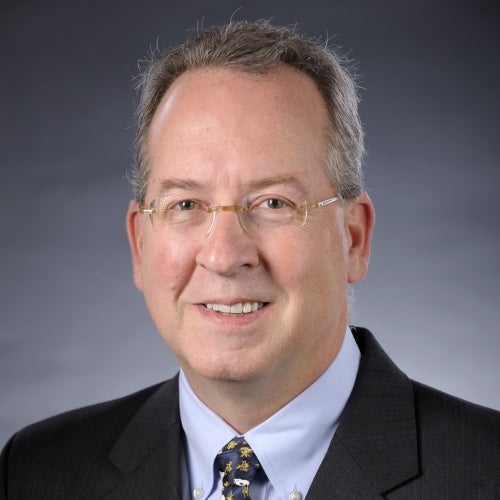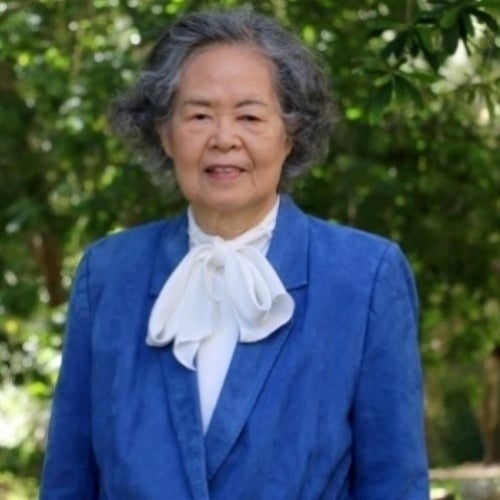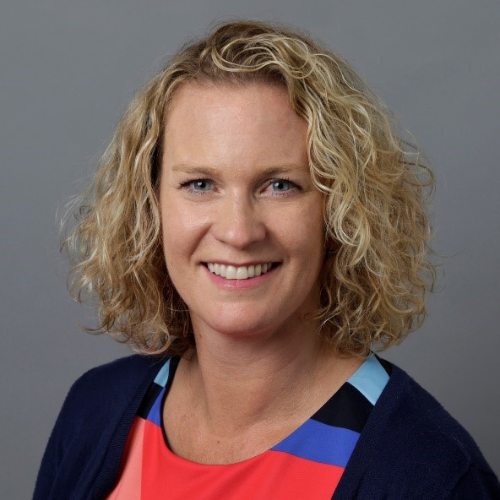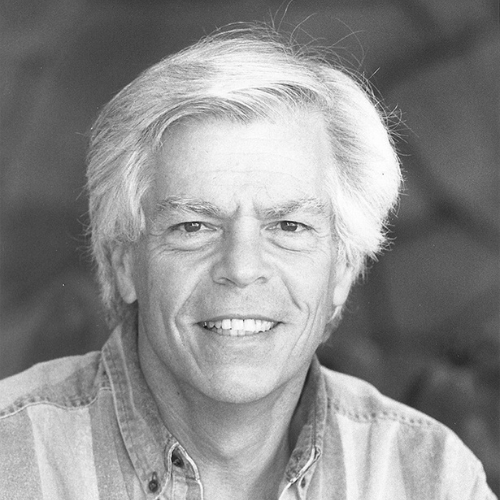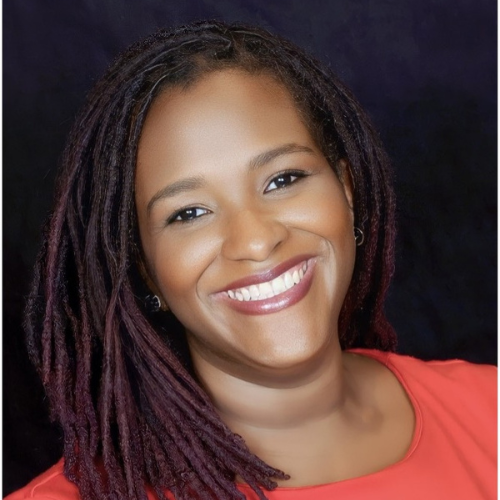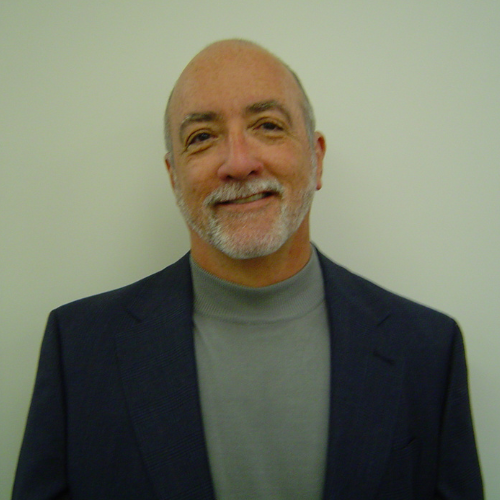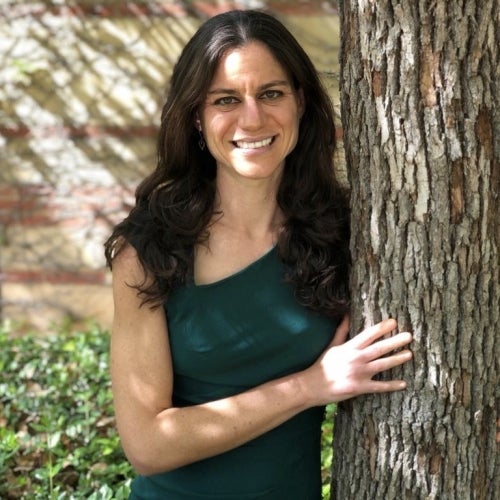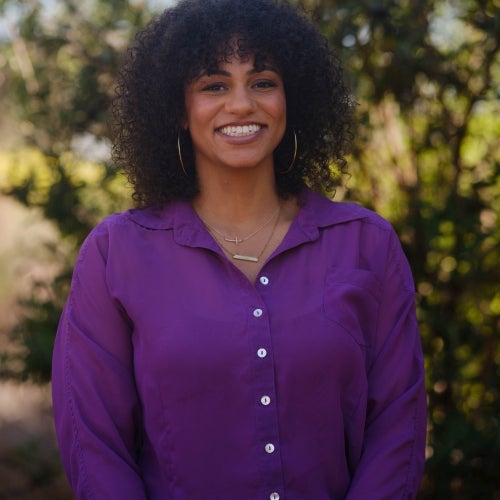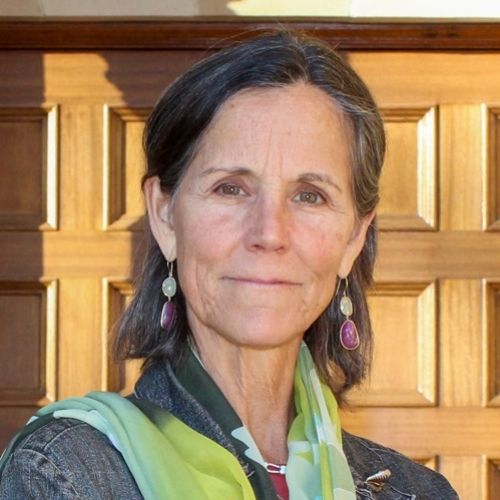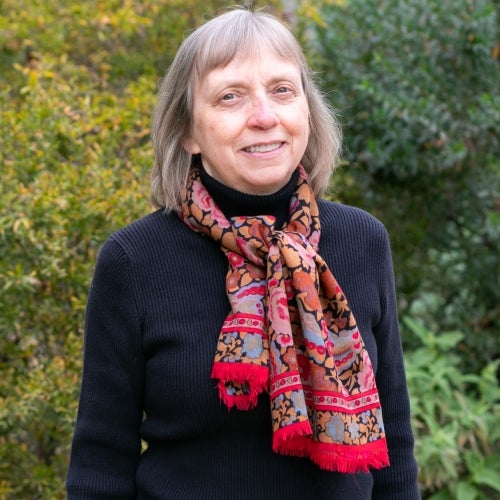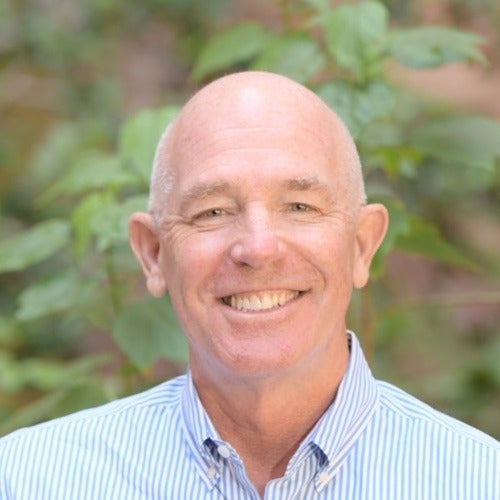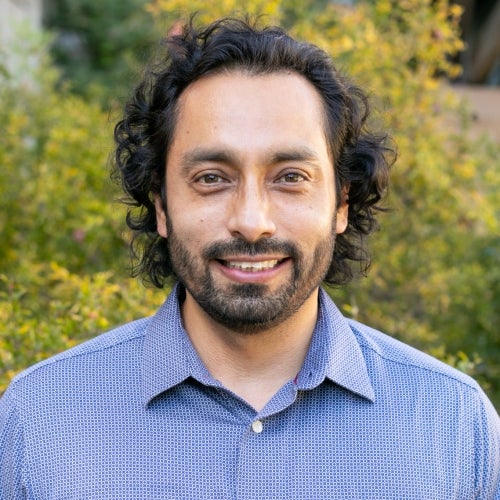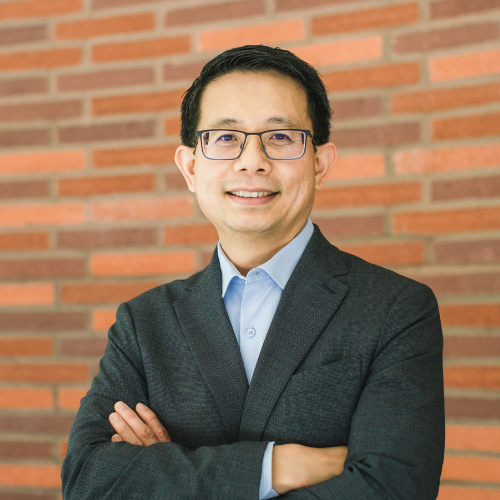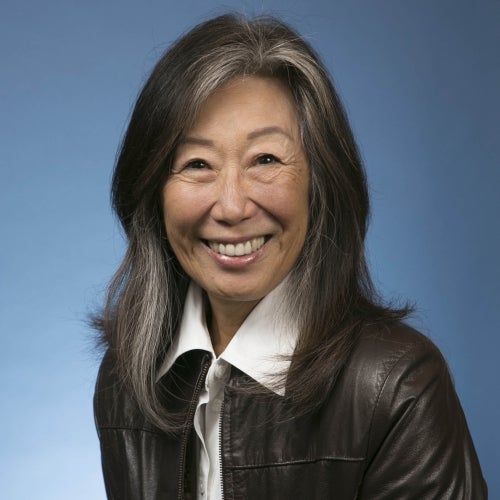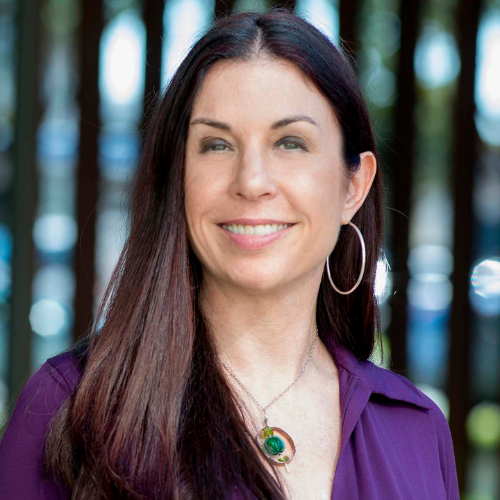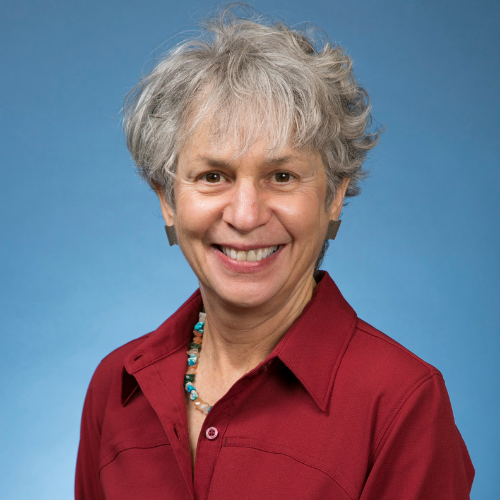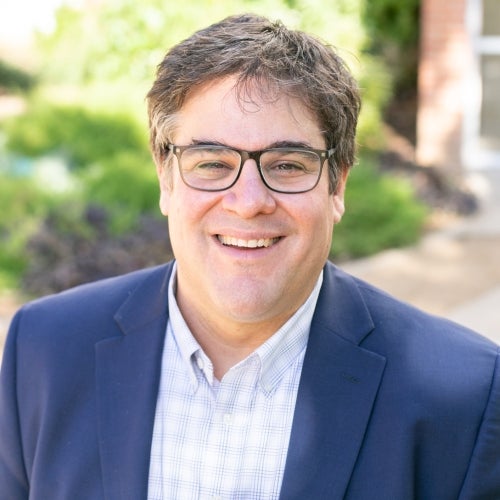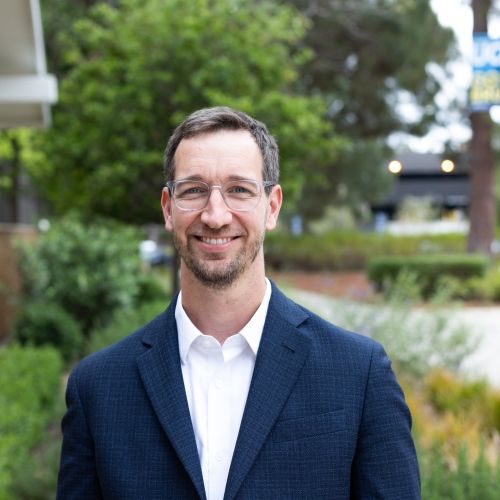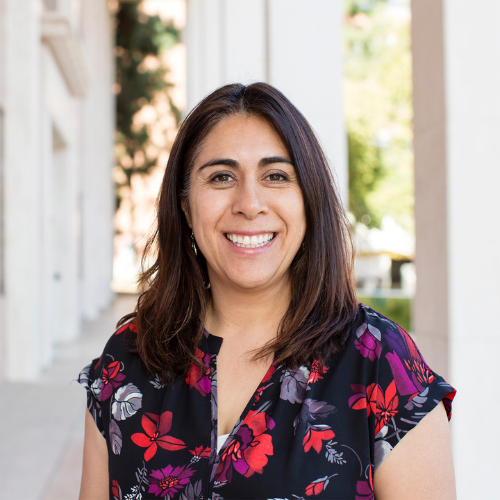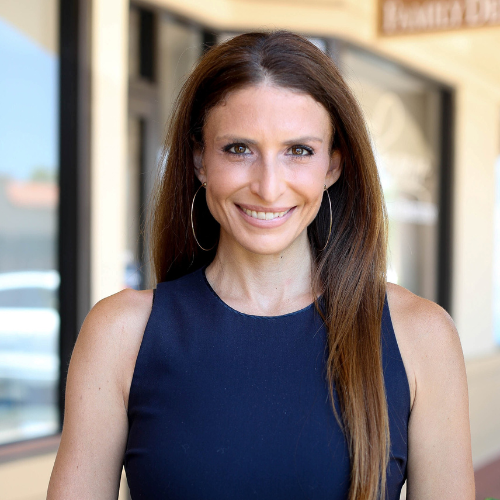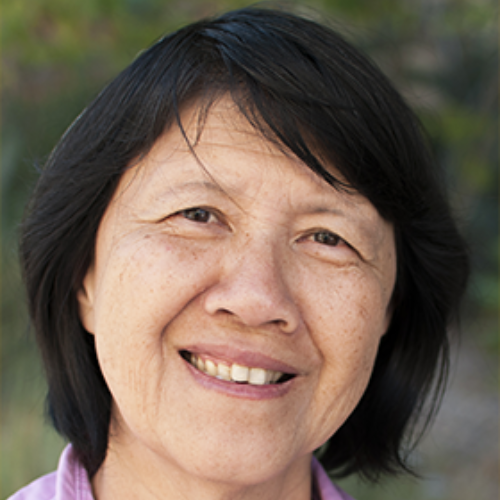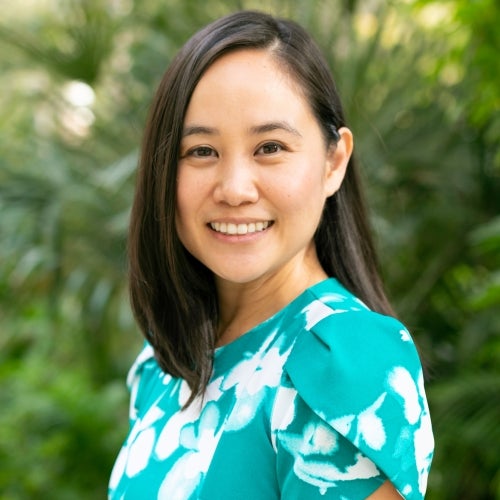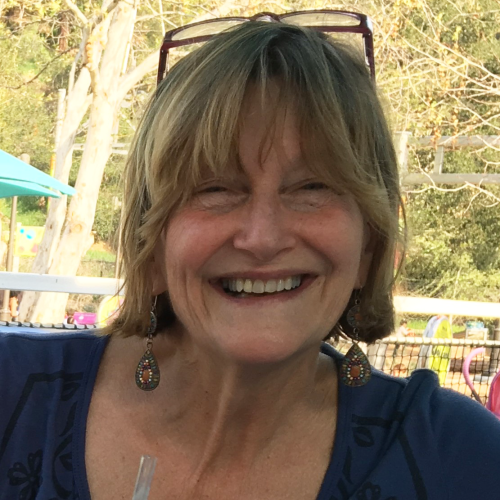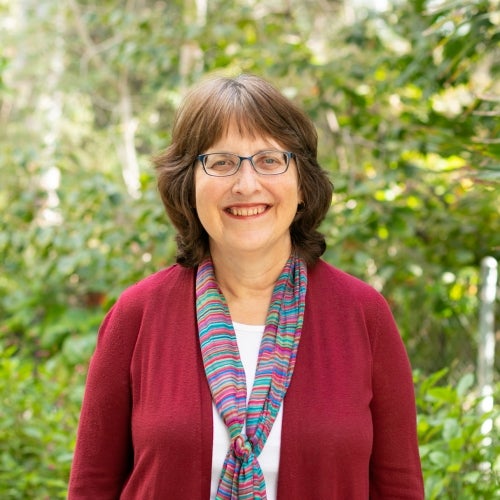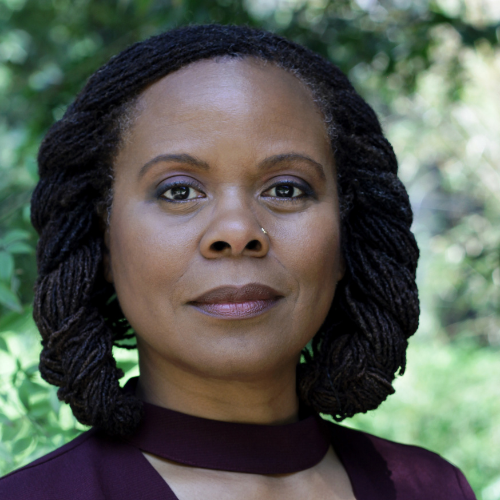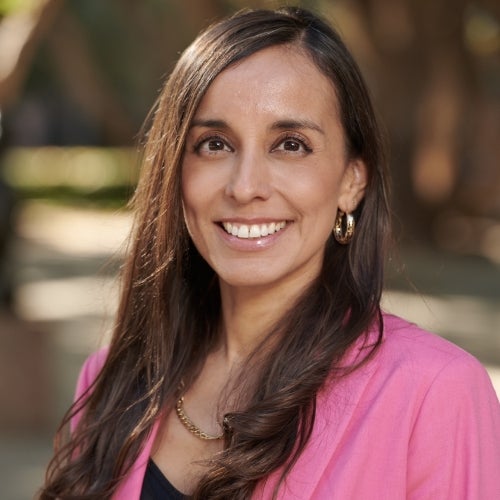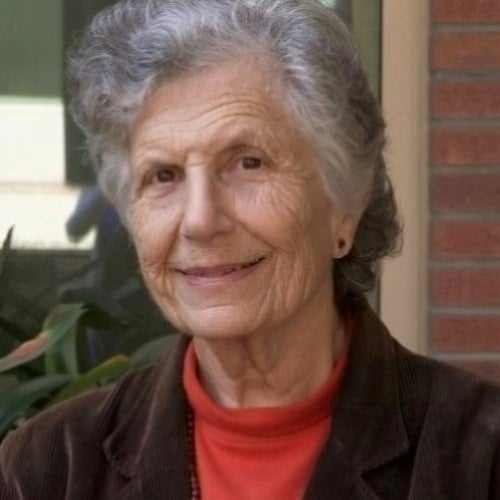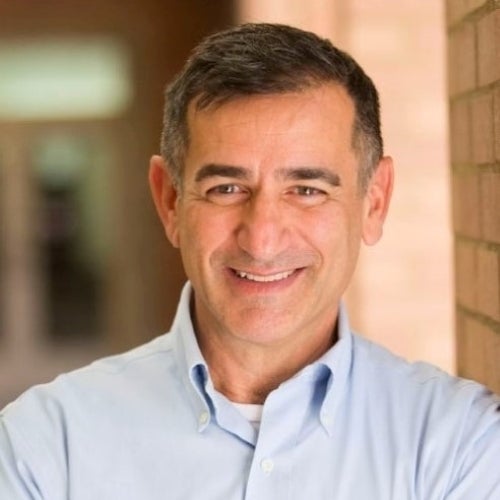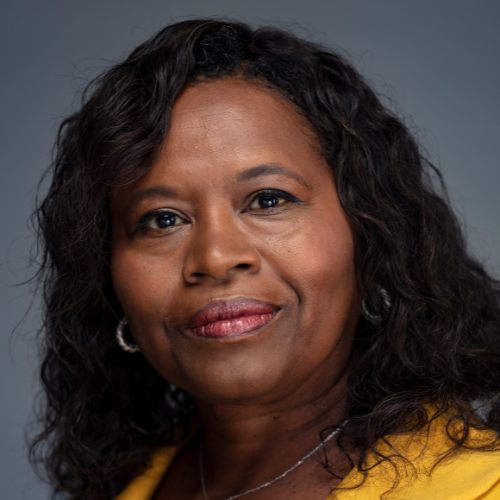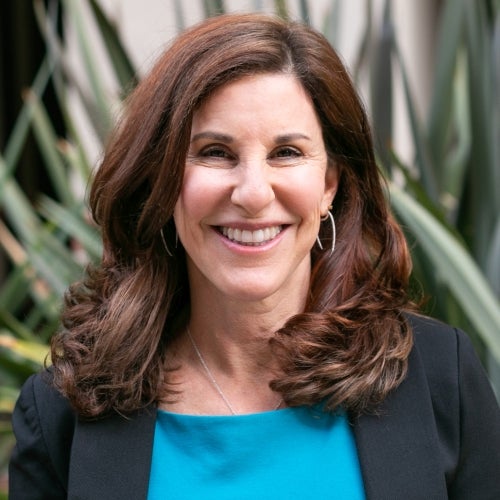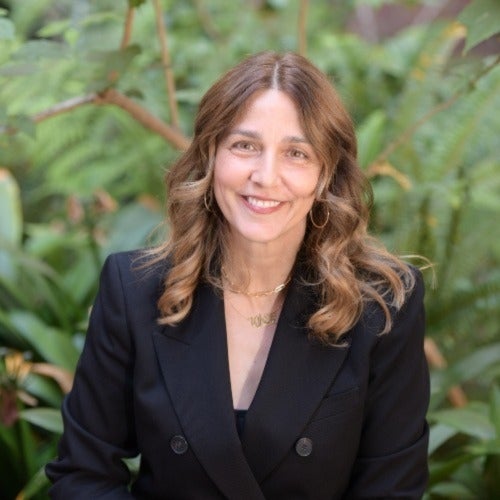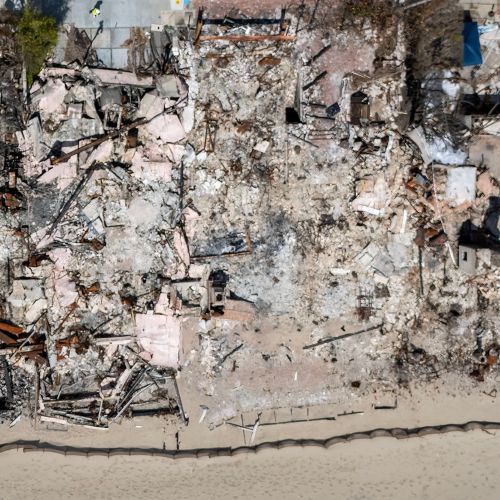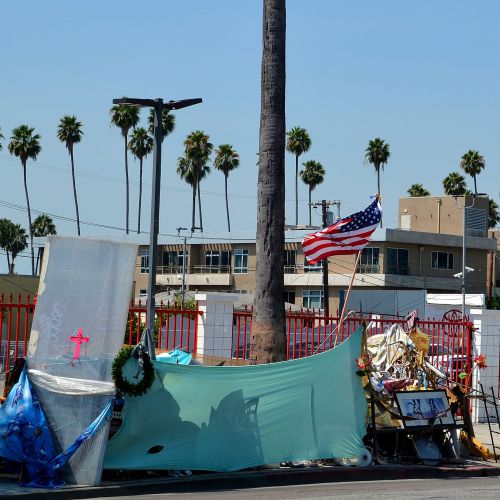UCLA Fielding School of Public Health professor named to national panel for preparedness and response
Dr. David Eisenman, director of FSPH's UCLA Center for Public Health and Disasters, lends expertise to federal counterpart.
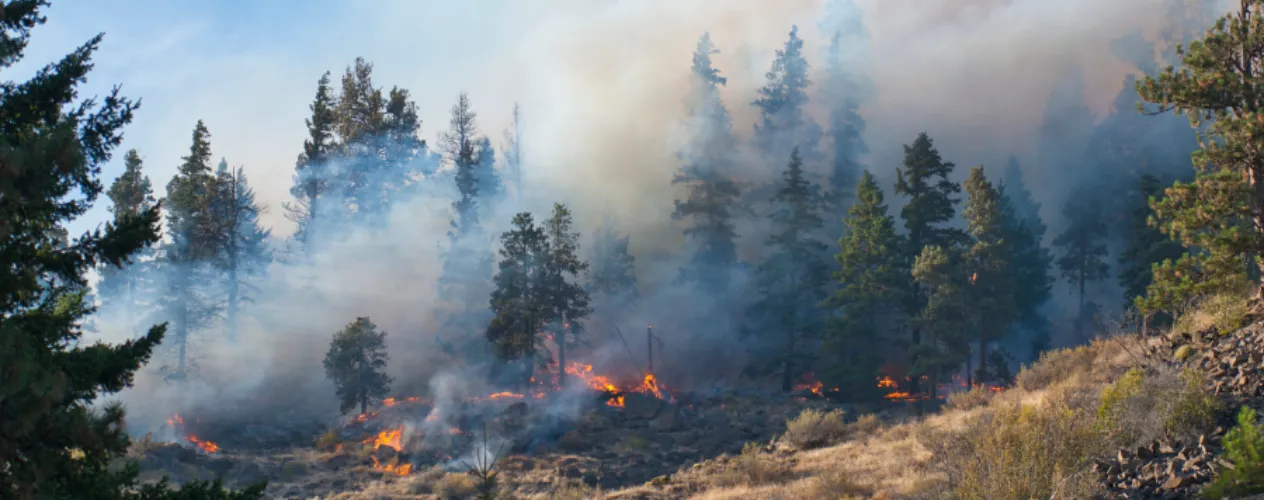
Dr. David Eisenman, UCLA Fielding School of Public Health professor of community health sciences and director of FSPH's UCLA Center for Public Health and Disasters, will serve on an external advisory committee for the U.S. Centers for Disease Control and Prevention.
Specifically, Eisenman has been named to a one year term on the Standing Committee for the CDC Center for Preparedness and Response, which provides expert advice to the CDC’s Center for Preparedness and Response (CPR) on scientific, technical, and social issues relevant to public health emergency preparedness and response, or PHEPR.
“I am honored to be part of this effort to provide high-level strategic guidance to CDC, and the Center, on emerging issues, research, and activities related to emergency preparedness and response,” said Eisenman, a physician who has led research into public health crisis response for more than two decades. “In the midst of the current COVID-19 pandemic and a world where climate change poses an immediate and long-term threat to public health, the U.S. has to be able to absorb the lessons learned from this and past crises and be better prepared for the next one.”
Eisenman was named to the committee by the National Academies of Sciences, Engineering and Medicine (NASEM), which has a role in the CDC’s oversight as an independent advisor, said Lisa Brown, of the NASEM Board on Health Sciences Policy.
“Dr. Eisenman is extraordinarily well-qualified for this role to support the CPR’s mission and responsibilities to strengthen the nation's health security by protecting against public health threats,” Brown said. “With his work on these issues going back to Hurricane Katrina in 2005, he brings tremendous expertise as both a medical doctor and public health policy analyst to the table. We are very glad to have him come aboard.”
The guidance committee is formally charged with guiding policy on the U.S. PHEPR science research agenda; PHEPR education; preparedness and response practices and capabilities; emergency management activities; and individual and community resilience. The panel, which meets every four months, also has an operational role, including readiness to respond on short notice to requests from CDC/CPR; provide high-level strategic guidance to CDC/CPR on emerging issues, research, and activities; serve as a focal point for national policy discussions; and respond to CDC/CPR's needs for continuing advice through planning, strategic thinking, and program development.
“With an urgent need to react to and, ideally, prevent public health crises, this collaboration offers unique opportunities for new practices that can protect and improve human health,” said Eisenman, who also serves as deputy director of the UCLA Center for Healthy Climate Solutions. “The challenges we face – such as more frequent and severe epidemics, heat waves, wildfires, hurricanes, and floods — pose potentially incredibly destructive threats to human health.”
Eisenman has taught at UCLA since 2002. He earned his MD at the Albert Einstein College of Medicine in New York, and his MSHS (’02) from the UCLA Fielding School of Public Health. Along with currently serving as a professor of medicine at the David Geffen School of Medicine at UCLA, Eisenman is also a former science officer for the Los Angeles County Department of Public Health.
The UCLA Fielding School of Public Health, founded in 1961, is dedicated to enhancing the public's health by conducting innovative research, training future leaders and health professionals from diverse backgrounds, translating research into policy and practice, and serving our local communities and the communities of the nation and the world. The school has 761 students from 26 nations engaged in carrying out the vision of building healthy futures in greater Los Angeles, California, the nation and the world.
Faculty Referenced by this Article
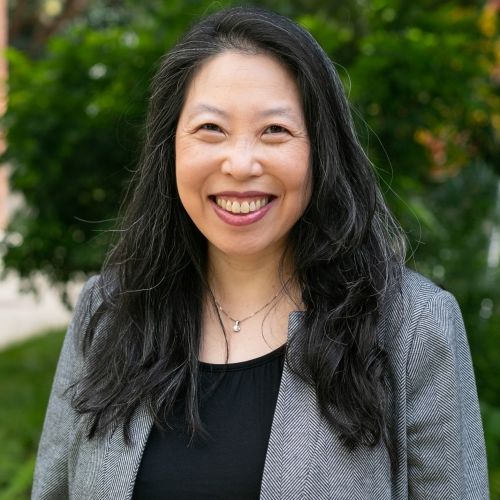
Assistant Dean for Research & Adjunct Associate Professor of Community Health Sciences
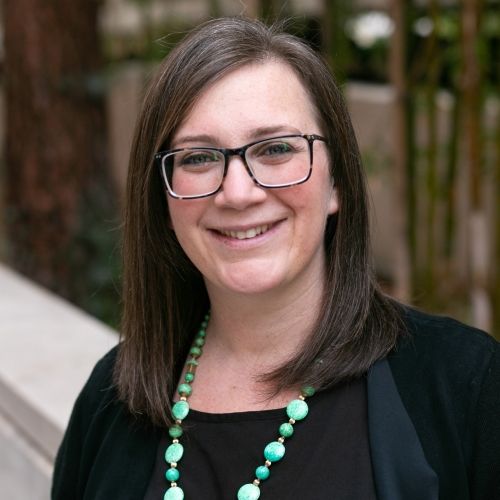
Director of Field Studies and Applied Professional Training

Professor of Community Health Sciences & Health Policy and Management, and Associate Dean for Research

Robert J. Kim-Farley, MD, MPH, is a Professor-in-Residence with joint appointments in the Departments of Epidemiology and Community Health Sciences
